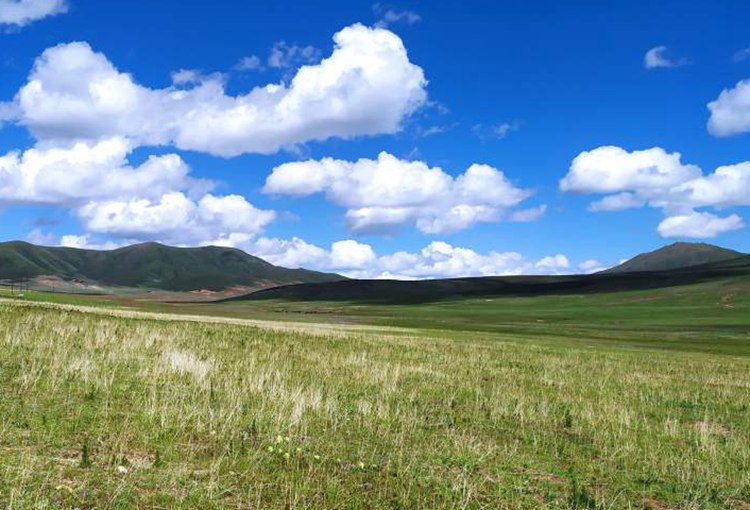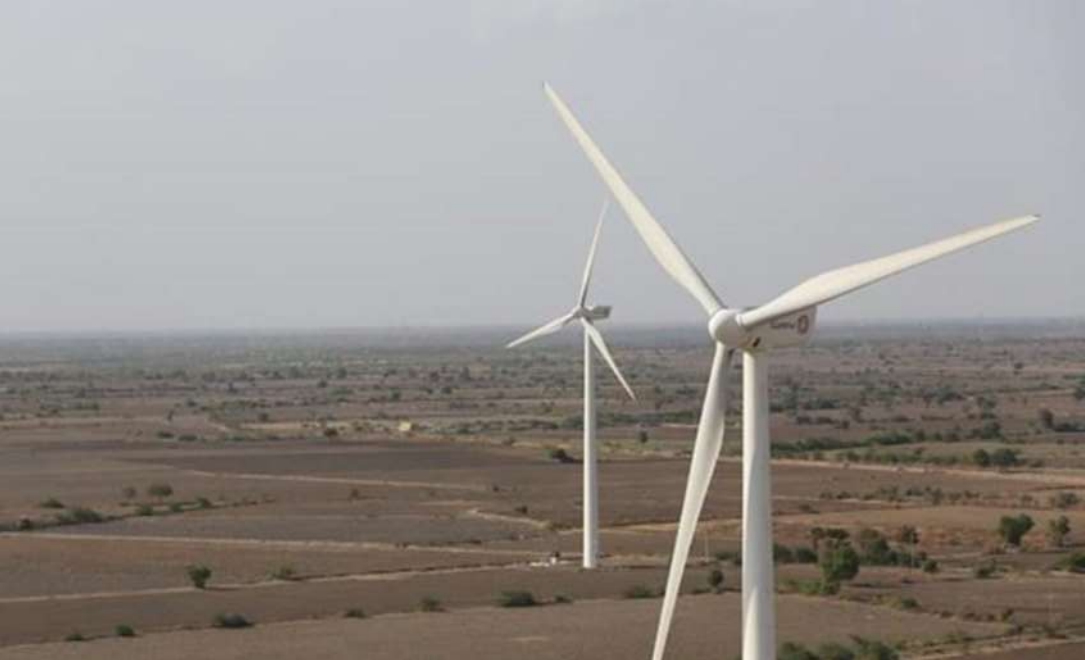About Cotai Water Jet
Launched in November 2007, Cotai Water Jet is a premium high-speed ferry service between Hong Kong and Macao. To achieve more sustainable marine service, we actively mitigate our impact on climate change. To be part of the solution, we invite customers to join Sands ECO360 Carbon Neutral Program, our carbon offset program, to sail greener for a better planet together.The Sands ECO360 Carbon Neutral Program
Our dedication to environmental sustainability is an integral part of our business. We are committed to ensuring long-term environmental health of our local region as a sustainable tourism destination by practicing responsible operations and minimizing our impact to the natural environment.
To inspire our communities for a better planet, we introduced the Sands ECO360 Carbon Neutral Program to offer our guests the opportunity to offset the carbon footprint resulting from their trips.
You can support the ECO360 Carbon Neutral Program by purchasing carbon offsets at Cotai Water Jet Hong Kong and Macau ticketing counter.
Get started to sail greener and make a positive impact now
| Estimate CO2 Emission (MT) | Cost to offset (HKD / MOP) * | |
| Cotai Class | 0.02123 | $2 |
| Cotai First | 0.03184 | $3 |
| Cotai VIP Cabin (8 seats) | 0.25472 | $24 |

The project aims to restore degraded grassland ecosystem and increase grassland coverage of the Three River Source Region. It also improves the livelihood of local herders and provides more suitable habitats for wild animals and increases local biodiversity.

The wind farm generates clean electricity that displaces energy sourced from fossil fuels. Besides preventing carbon emissions from fossil fuels, the project also creates local job opportunities and supports regional development.
What is carbon Neutrality?
Carbon Neutrality means achieving a net-zero carbon footprint. Since everyday actions consume energy and produce greenhouse emissions, individuals can become carbon-neutral through the purchase of carbon offsets to compensate the carbon emissions they generate. The revenue from the purchase of carbon offsets is often invested in environmentally friendly projects to reduce the impact of individuals' actions.What is a carbon offset?
A carbon offset, interchangeably referred to as carbon offset credit, represents an emission reduction of one metric ton of carbon dioxide, one of the most common greenhouse gases in the atmosphere known to cause climate change, that is used to compensate for emissions that occur elsewhere.How does the purchase of carbon offset credits help?
The purchase of carbon offsets contributes to the funding of projects that can reduce or remove greenhouse gas emissions from the atmosphere. Some common examples of carbon offset projects include avoided afforestation, ecosystem restoration, building renewable energy plants, carbon capture with geological storage etc. Carbon offsets are granted to project owners, who then sell them to companies or individuals that want to neutralize their carbon footprint.How are the emissions resulting from my trip and the carbon offset payment calculated?
We use the historical fuel consumption data to calculate the emission and carbon offset cost per passenger per trip. Trip emissions for passengers travelling in Cotai VIP and Cotai First Class would be higher than the trip emissions for passengers traveling in Cotai Class due to additional services and space provided which is factored into the carbon offset calculation. The carbon offset cost is rounded for the nearest Hong Kong dollar or Macau Pataca.How do you ensure the integrity of the carbon offsets?
We only purchase carbon offsets that are verified and certified to third party standards and have strong mechanisms and tracking systems in place to ensure that carbon offsets are:1. Verified – Ensures emissions' reduction or removal avoiding double-counting and double claiming. Forward selling is minimized.
2. Additional – Represents an emission reduction or carbon removal from a carbon offset project that would not be possible without the added incentive created by the carbon offset credits.
3. Permanence – Risk of reversal of carbon sent back into atmosphere is accounted for in the offsetting plan (e.g. assessing the risk of forests being cut down or destroyed by pests or fire).
4. Unintended Consequences – Unintended social and environmental consequences are minimized and accounted for (e.g. loss of livelihood to farms or local communities who rely on forest products, loss of agricultural land, violation of land rights, decrease in biodiversity).
Where do my carbon offset payments go?
Your payment will be used to purchase carbon offsets from our portfolio of projects which standards are verified by an independent third-party. By supporting a portfolio of projects, we are able to secure a long-term supply of premium carbon offsets at a consistent price. These carbon offset programs are not only reducing or removing greenhouse gases, but also generating additional environmental and social impact benefits.What is the standard and/or certification of carbon offsets in our portfolio of projects?
Our carbon offsets projects should be certified to at least one of the below standards:• Verified Carbon Standard ("VCS"), also known as VERRA;
• Gold Standard;
• Climate Action Reserve ("CAR");
• American Carbon Registry ("ACR").
Does CWJ profit from customers carbon offsetting their footprint?
Our Sands ECO360 Carbon Neutral Program is not-for-profit. All payments received are used to purchase carbon offset credits from our verified carbon offsets projects' portfolio.Which payment methods do we accept for the carbon offsets?
Hong Kong Macau Ferry Terminal: Cash (HKD), credit card (VISA, MasterCard, China Union Pay, AMEX and JCB) , WeChat Pay and Alipay (Hong Kong and China wallet).Macau Taipa Ferry Terminal: Cash (MOP/HKD), Credit Card (VISA, MasterCard, China Union Pay and JCB), MPay, Alipay (Macau/ Hong Kong/ China), WeChat Pay (China wallet/ WeChat Pay HK), Macau BOC e-banking, Simple Pay, Union Pay, Apple Pay, Huawei Pay, Samsung Pay, Mi Pay and Kakao Pay.


